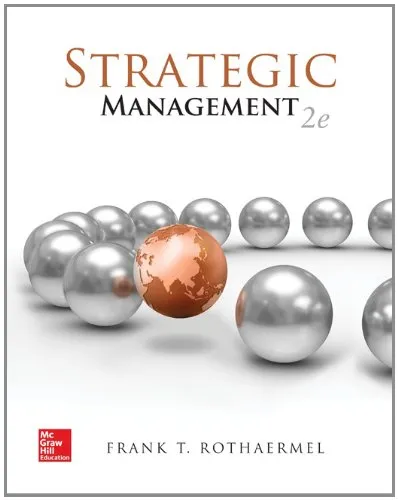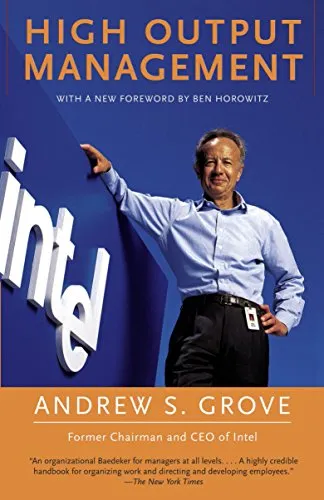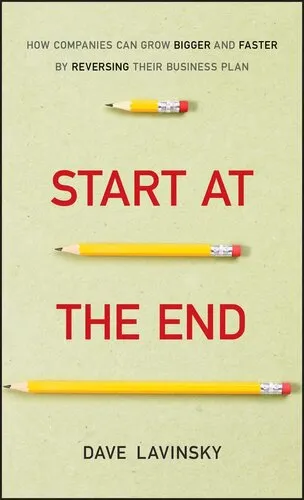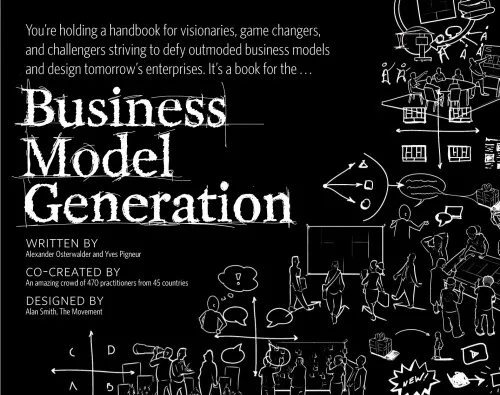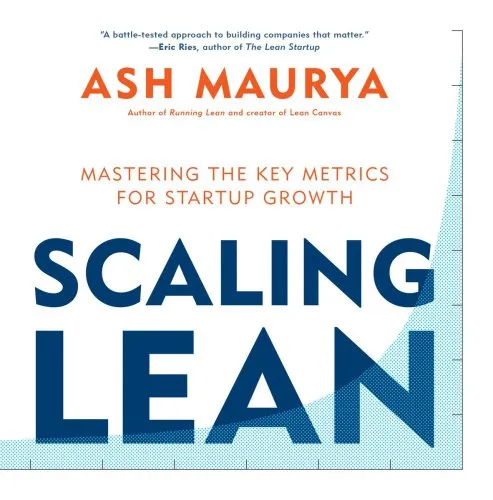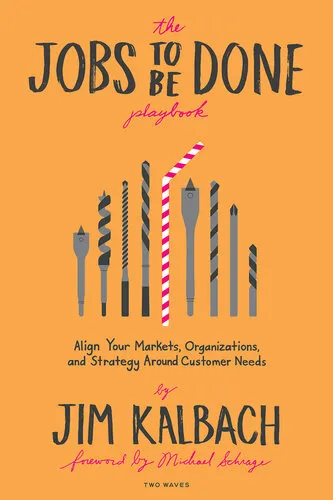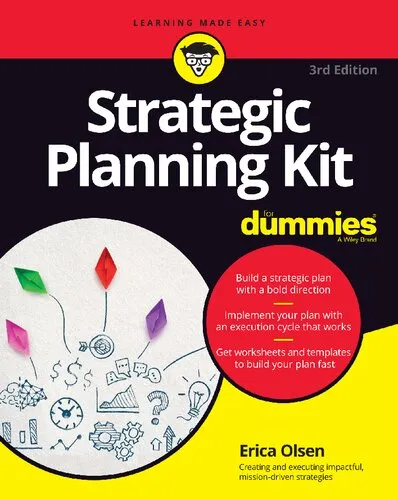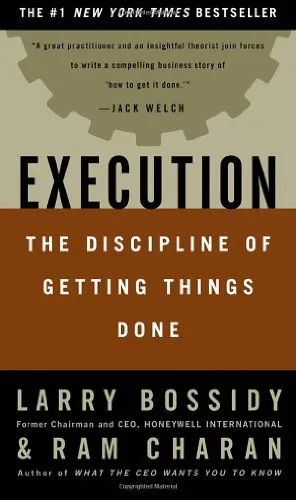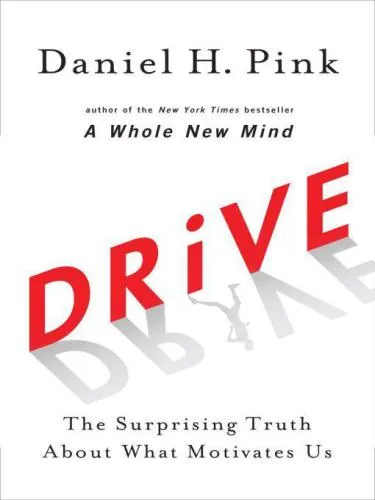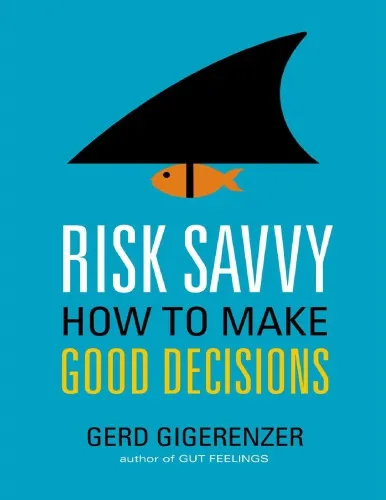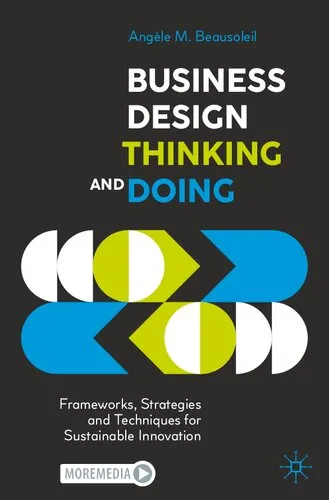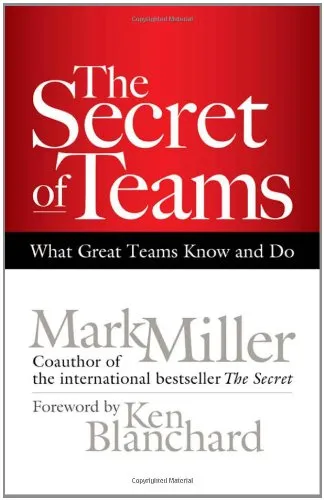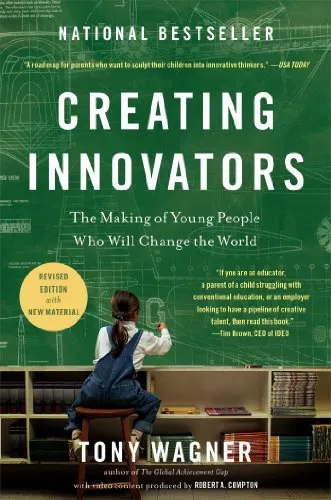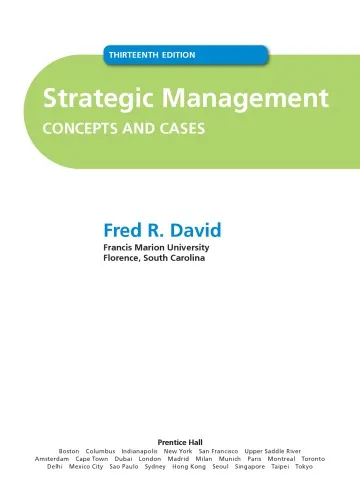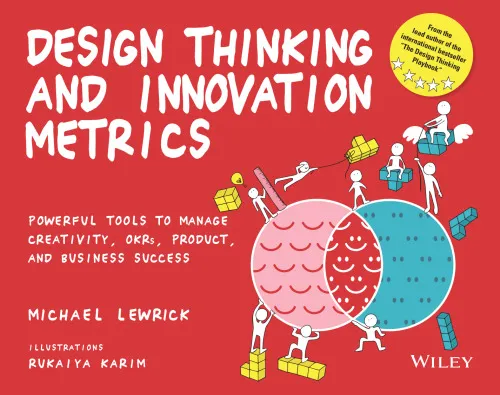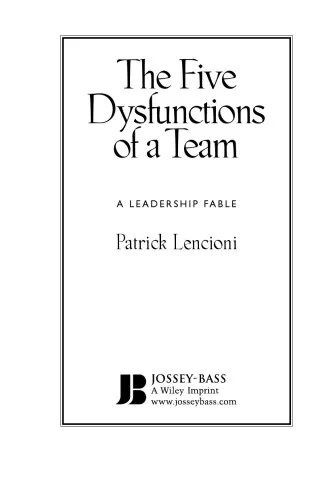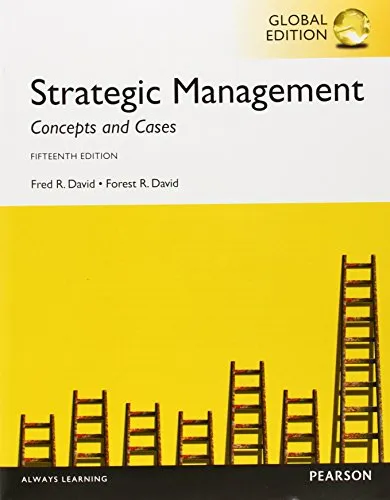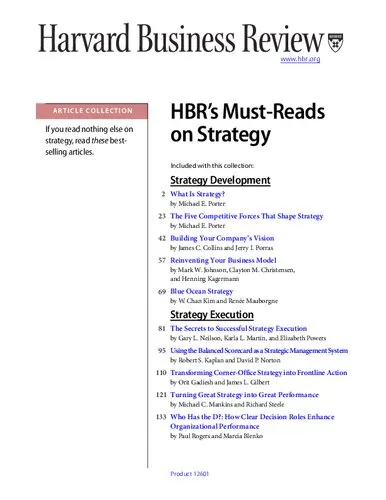Books in category of Product Strategy
Page of
Understanding Product Strategy in an Online Bookstore
Product strategy is a cornerstone for any successful online bookstore, setting a framework for how products are selected, priced, and promoted to appeal to target customers and achieve sales and growth objectives.
Identifying Target Audience
The first step in a robust product strategy is identifying the target audience. An online bookstore must understand its customer demographics, including age, gender, occupation, and reading preferences. By analyzing these factors, the bookstore can tailor its inventory to cater to different groups, such as students requiring textbooks, enthusiasts looking for genre fiction, or professionals seeking non-fiction resources. A well-defined target audience enables the bookstore to tailor its marketing efforts and product offerings strategically.
Curating a Diverse Inventory
A diverse and well-curated inventory is the backbone of any successful online bookstore. The selection should include a broad range of categories such as fiction, non-fiction, educational, self-help, and children's books. Furthermore, offering rare editions, collectibles, and regional literature can set the store apart from competitors. It's also crucial to regularly update the inventory with bestsellers, new releases, and critically acclaimed books to keep the offerings fresh and exciting for returning customers.
Pricing Strategy
Developing a competitive pricing strategy is vital in attracting and retaining customers. The online bookstore must balance competitive pricing to capture market share while ensuring profitability. This may involve strategies like offering discounts for bulk purchases, loyalty programs, and dynamic pricing based on demand and competition analysis. Seasonal promotions and discount events can also be effective, particularly around major holidays and literary events.
Leveraging Technology for Personalization
Technology plays a crucial role in today’s e-commerce environment. Implementing a personalized shopping experience can significantly enhance customer satisfaction and loyalty. By leveraging data analytics and AI, the bookstore can offer personalized recommendations, tailored newsletters, and curated collections that resonate with individual customer preferences. This not only enhances the shopping experience but also increases the likelihood of cross-selling and upselling.
Building Strategic Partnerships
Collaborating with publishers, authors, and literary influencers can provide a strategic advantage. Partnerships with publishers can facilitate exclusive releases or special editions, while collaborations with authors might include virtual book signings or Q&A sessions. Engaging influencers in the literary field can boost visibility and credibility, especially through social media platforms where word-of-mouth and reviews can directly influence purchasing decisions.
Marketing and Promotion Tactics
Effective marketing is essential for driving traffic to an online bookstore. Utilizing a blend of content marketing, social media engagement, and email campaigns can build awareness and engagement. SEO-optimized content, blog posts about author news, book reviews, and literary trends can attract organic traffic. Meanwhile, paid advertising campaigns on platforms like Google Ads and social media channels can target specific customer demographics, increasing visibility and conversion rates.
Focusing on Customer Experience
Providing an excellent customer experience is paramount. The online bookstore should ensure a seamless, user-friendly interface with easy navigation, clear categorization, and a hassle-free checkout process. Incorporating customer reviews and ratings for books can aid decision-making and build trust. Exceptional customer service, including responsive communication and efficient issue resolution, reinforces customer loyalty and encourages repeat business.
Monitoring and Adapting
A successful product strategy requires continuous monitoring and adaptation. By analyzing sales data, customer feedback, and market trends, the bookstore can refine its strategies to better align with consumer preferences and market conditions. Flexibility and willingness to adapt are crucial for sustaining competitive advantage and ensuring long-term growth in a dynamic industry.

